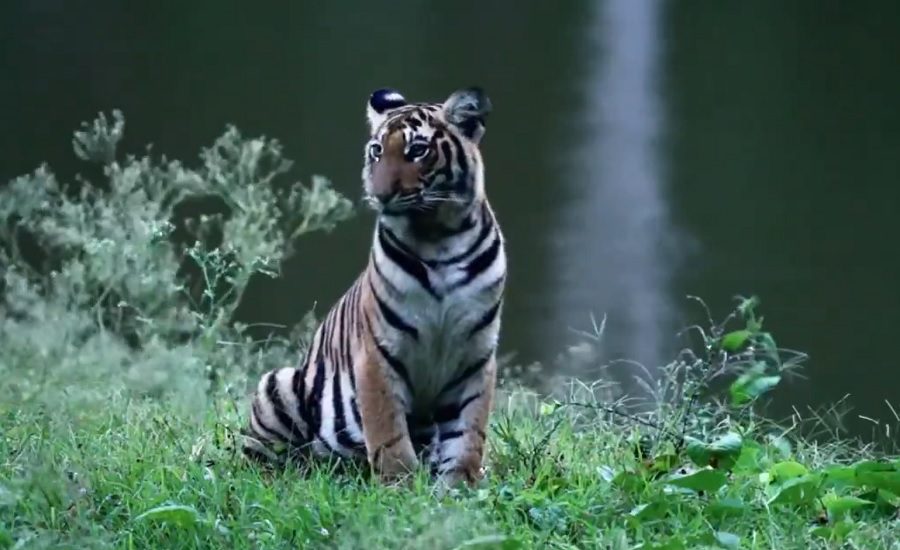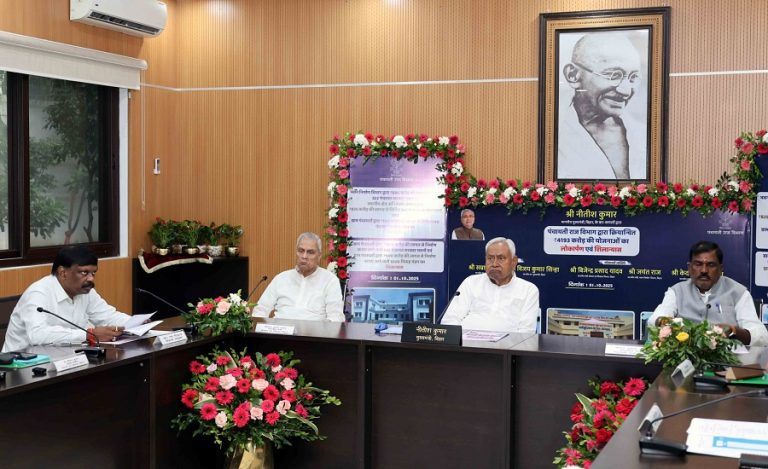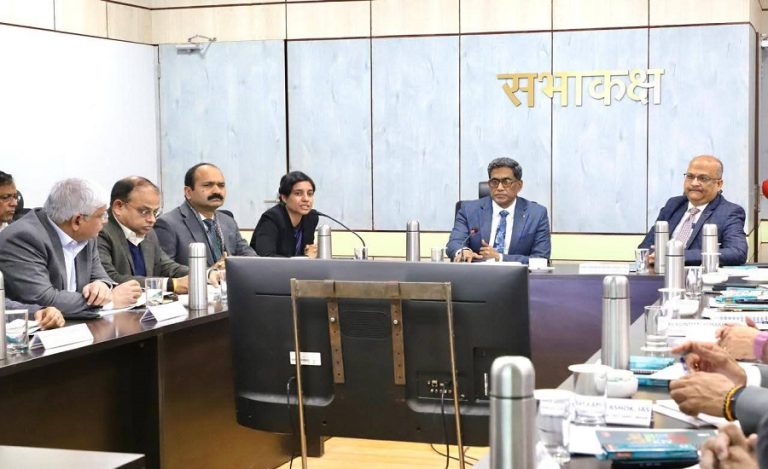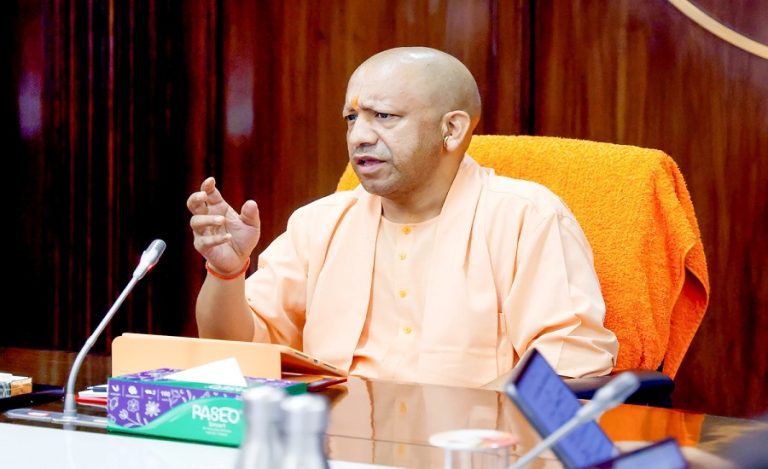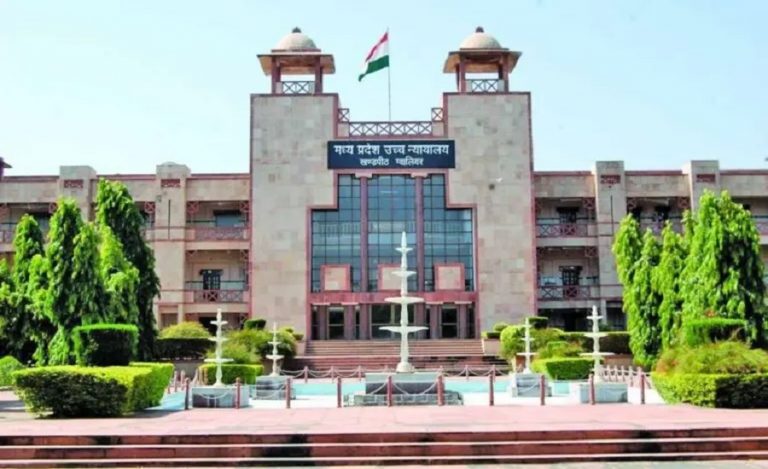Bhopal: In a significant move to promote wildlife conservation and cooperation among states, the Madhya Pradesh government has announced plans to donate three pairs of tigers to the states of Odisha, Rajasthan, and Chhattisgarh. This decision was made during the 30th meeting of the Madhya Pradesh State Wildlife Board, presided over by Chief Minister Dr. Mohan Yadav.
Promoting Wildlife Diversity through Inter-State Cooperation
Chief Minister Dr. Mohan Yadav emphasized the importance of sharing the state’s rich wildlife heritage with other parts of India. In addition to donating tigers, the state also intends to receive wild animals from other states to further diversify Madhya Pradesh’s flora and fauna. Dr. Yadav specifically highlighted efforts to bring the one-horned rhinoceros from Assam to the state, aiming to enrich the local wildlife population.
Read also: Madhya Pradesh to Promote Biodiversity Globally, Says CM Mohan Yadav at Wildlife Board Meet
Documentary and Promotional Films to Highlight Flora and Fauna
To boost awareness and promote the rich biodiversity of Madhya Pradesh on a global scale, Dr. Yadav directed the production of documentaries and promotional films. These initiatives will be carried out in collaboration with the Indian Film Division and other media channels, aiming to showcase the state’s natural heritage and conservation efforts to a wider audience.
Conservation Reserve Plans within Tiger Reserves
The Wildlife Board also discussed the creation of separate conservation reserves within existing tiger reserves. Proposals include establishing dedicated conservation areas within the Panna and Bandhavgarh Tiger Reserves. Additionally, there is potential for creating a conservation reserve that incorporates the Sonwani Forest Range of Balaghat district, encompassing parts of the Kanha and Bandhavgarh Tiger Reserves.
Focus on Enhancing Wildlife Protection and Management
These initiatives underline Madhya Pradesh’s commitment to wildlife conservation, not only by expanding and protecting habitats within the state but also by fostering collaborative efforts with neighboring states. The donation of tigers and plans to acquire diverse species aim to strengthen ecological balance and promote sustainable wildlife management.

